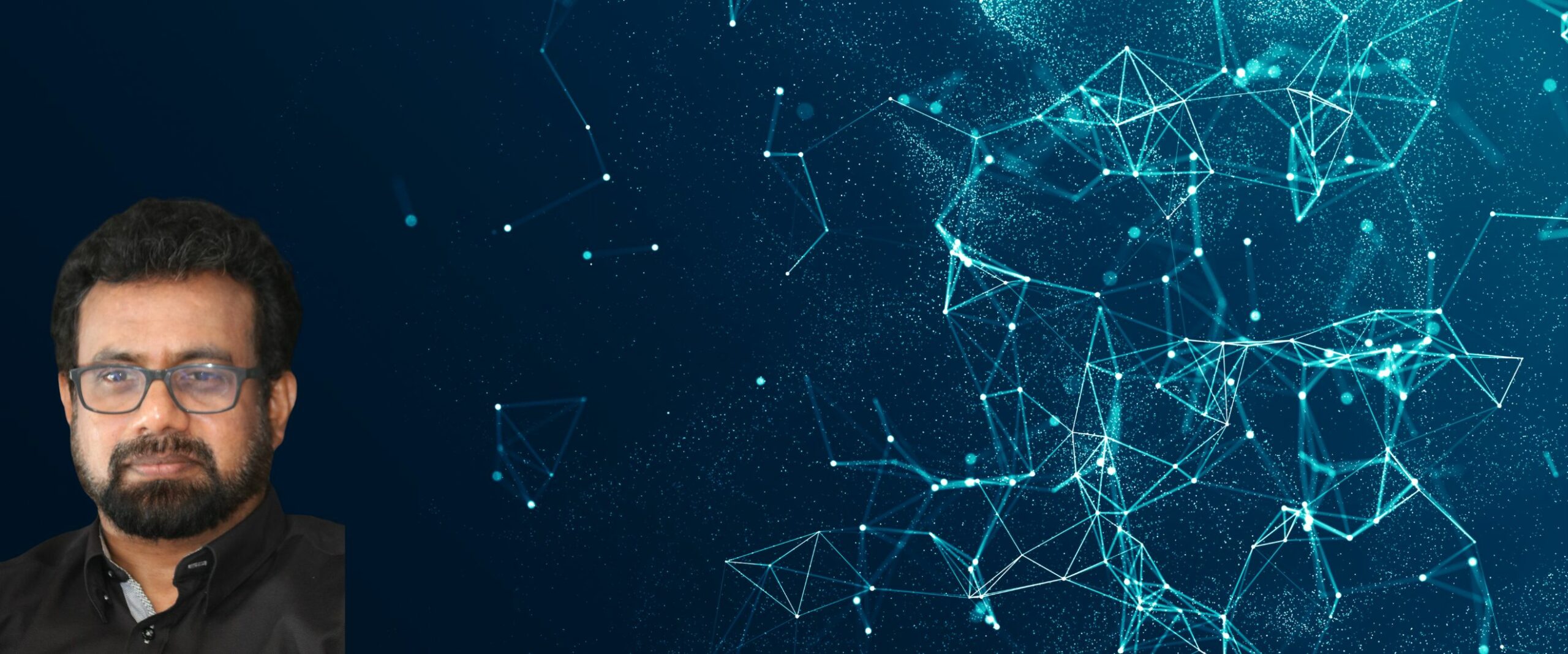Analysis
Pegasus Depositions: Mr. John Brittas
CPI(M) Member of Parliament, John Brittas emphasised the need to subject security agencies to increased oversight in light of Pegasus.

In July 2021, The Wire published a leaked list of people who the Union government allegedly spied on through the use of a spyware called Pegasus. The list included the names of journalists, activists, public officials, and judges, many of whom have been critical of the ruling government in the past. Following the report, alleged targets and interested parties filed petitions at the Supreme Court, demanding answers about whether the Union had used Pegasus to spy on its own citizens.
At Court, the Union gave non-committal responses to the allegations. They did not confirm or deny the use of Pegasus, stating that any information revealed would be harmful to national security. On October 27th, 2021, an unsatisfied SC constituted a Technical Committee to investigate the allegations. The Committee, overseen by former SC Justice R.V. Raveendran, conducted depositions between December 10th, 2021, and February 14th, 2022.
The Committee took statements from petitioners, cyber-security experts and other involved parties. Mr. John Brittas, a Member of Parliament from the Communist Party of India (Marxist) and one of the petitioners, deposed before the Committee on January 27th, 2022. He highlighted the need for increased regulatory oversight of intelligence agencies to protect against unlawful surveillance.
The Effect of Pegasus on Democracy and the Media Landscape
Mr. Brittas did not mince his words when he spoke of the threat posed by Pegasus, stating that ‘all pillars of democracy have been crippled’ by the spyware, as the list of people published by The Wire includes journalists, politicians, military officials, activists, and judges. According to him, independent media practice has come to a halt as journalistic sources have now been stripped of the protection afforded to them through privacy and anonymity.
His concerns mirror those of Mr. Narasimham Ram, the former managing director and editor-in-chief of ‘The Hindu’. Mr. Ram gave a statement to the Committee On December 27th, 2021, and expressed concern about the adverse effects of Pegasus on journalistic sources and the media landscape as well.
Mr. Brittas’ concerns were not limited to Pegasus. According to him, ‘Pegasus is just the tip of the iceberg’ as there are several agencies carrying out surveillance activities unbeknownst to the public.
The Need for Regulatory Oversight
Mr. Brittas stated that, according to queries filed under the Right to Information Act, 2005, there are 22 security agencies that are currently doing work that involves intercepting communications. However, the names of these agencies are not publicly known. Mr. Brittas further claims that the Union has withheld exact number of communications intercepted by agencies under the Information Technology Act, 2000 (IT Act) and the Telegraph Act, 1885 since 2014. The Hindu in 2015 reported on the reticence of intelligence agencies in responding to RTI queries, stating that 11 out of 25 security agencies have never reported any RTI information to the Central Information Commission.
This lack of public accountability extends to a lack of legal accountability as well, according to Mr. Brittas. The IT Act and the Telegraph Act provide the framework and limitations for communication surveillance. However, Mr. Brittas stated that interception through Pegasus or by these unknown agencies does not fall under the purview of either Act. These 22 agencies, which intercept communications, operate with no oversight while following no norms or procedures, according to him.
In a similar vein as Mr. Ram and Mr. Gopikrishnan, he stressed the need for oversight by invoking the mechanisms used by the United States of America and the United Kingdom to monitor and provide remedies for unlawful surveillance.
To watch the full deposition visit pegasus-india-investigation.in.